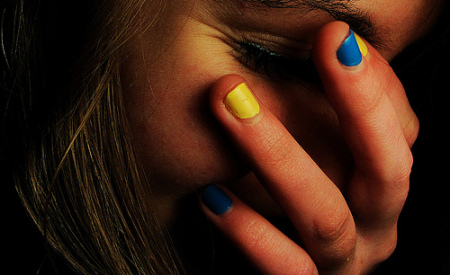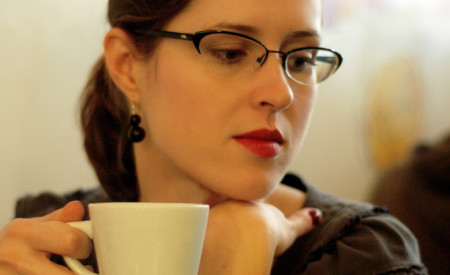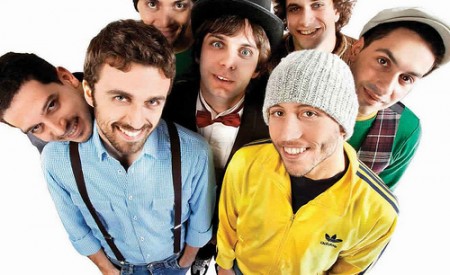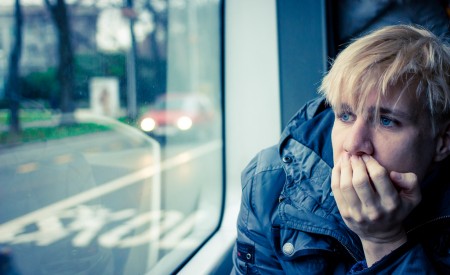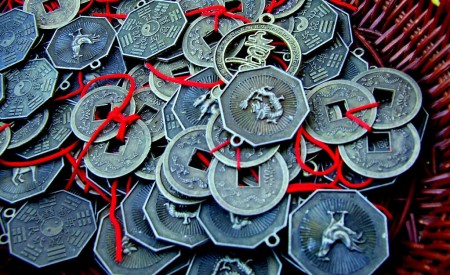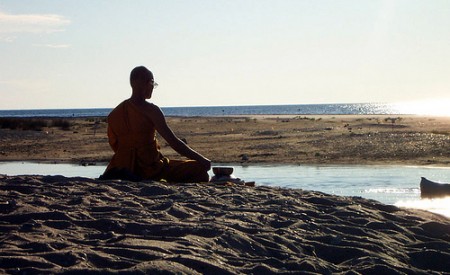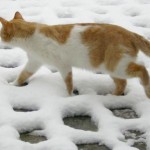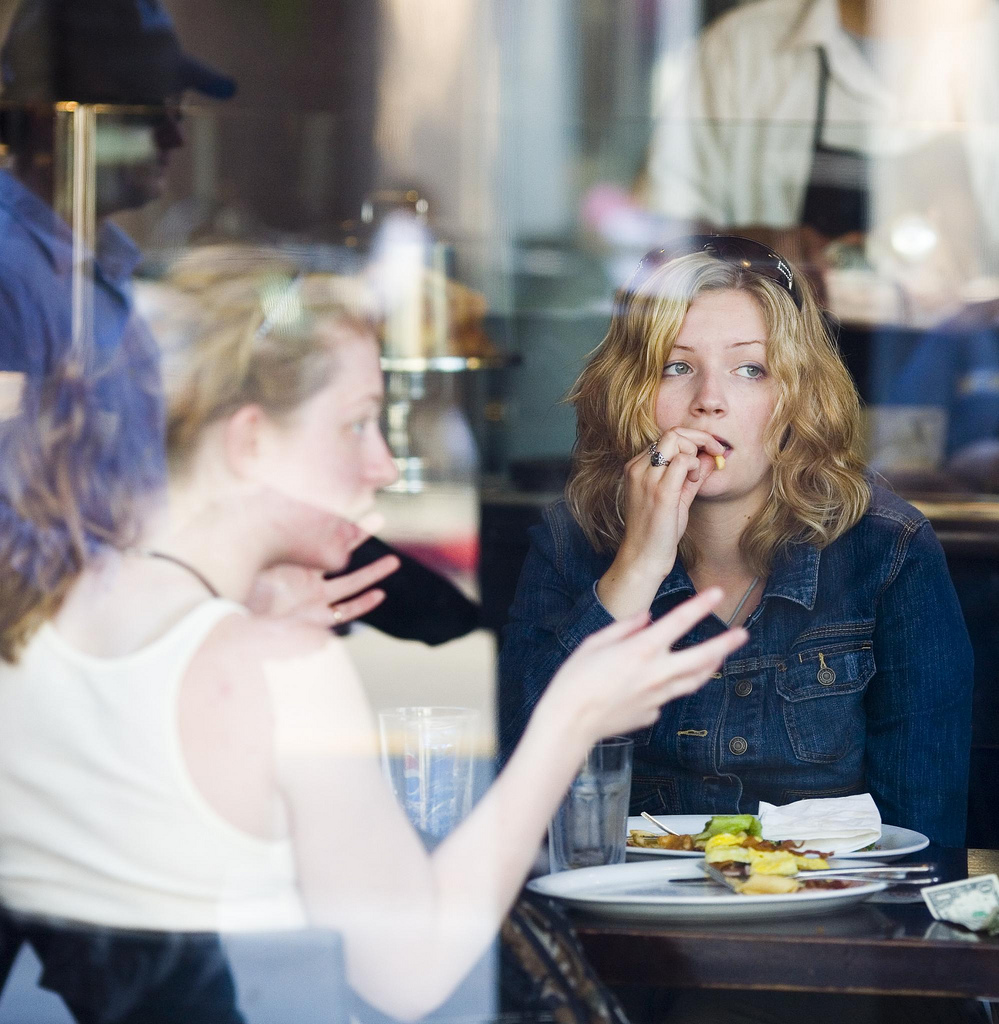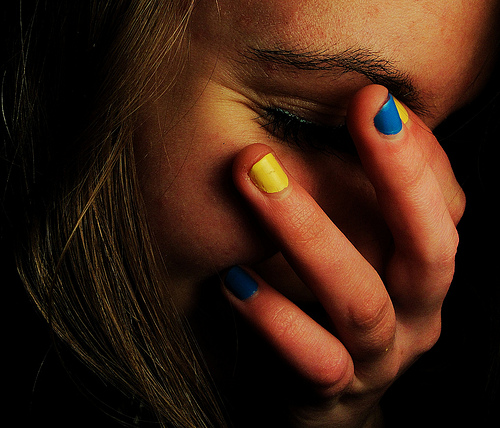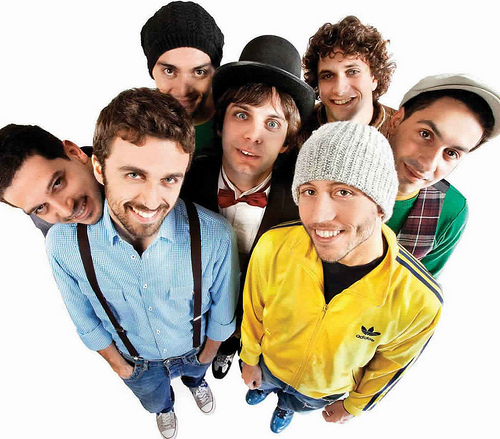Ah, to sleep perchance to help alleviate paruresis. But a good night’s sleep may not always be so easy to come by. Check out these helpful tips for getting a solid night’s sleep to enhance your quality of life.
Give Paruresis Stress the Heave-Ho with Updated Exercise Tips
Paruresis stress can get the boot with regular physical activity, but not everyone is up-to-date on their exercise methods. Check out some updated tips for keeping your exercise routine fresh, fun and do-able for this modern day and age.
Expert Input for Resolutions that Can Improve Your Paruresis and Your Entire Life
Still searching for a resolution or two? Try one of these life changing tips from experts that can enhance your overall quality of life and decrease your paruresis symptoms and anxiety. Give it a go!
Stress Linked to Paruresis but Not to Ulcers and 4 Other Myths
Your shy bladder and stress share a common bond, although stress also gets unwittingly blamed for a host of other conditions with which it has no link. Think grey hair, twitching eyelids and ulcers. Read on for five stress myths debunked.
Why Your Shy Bladder Acts up During the Holiday Season
Holidays are “supposed” to be a time of constant bliss and happiness, but those same expectations can make a prime situation for your shy bladder to act up. Read more to find out why.
How to Make This the Year You’ll Overcome Paruresis
Overcoming your paruresis is a noble new year’s resolution, but it may also be the same resolution you set up year after year – and fail. Check out some tips on how to succeed this time around.
Why Your Paruresis Anxiety Makes you Heed Bad Advice
When your shy bladder anxiety hits an all-time high, you become most vulnerable to seeking out advice. Researchers found you’re likely to heed the advice, even if it’s really bad advice. Read on to find out more.
How Shy Bladder Isolation can Make you Lonely – and Cold
Isolation may stem from suffering from shy bladder or other anxiety issues, but staying away from folks can do more than make you lonely. It can actually affect your physical temperature, making you cold. Read on to find out why.
